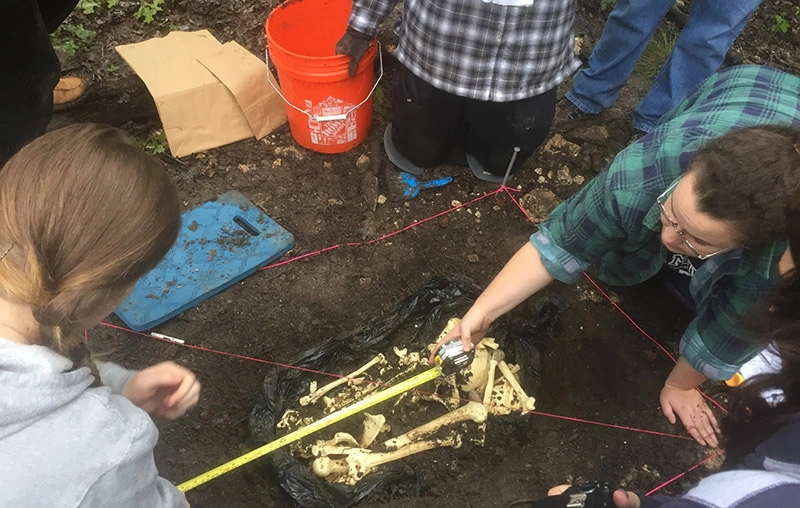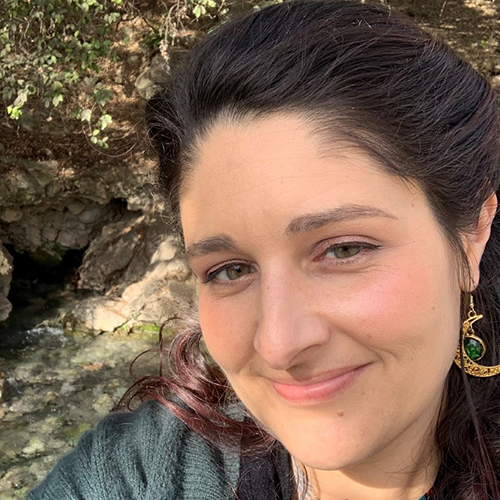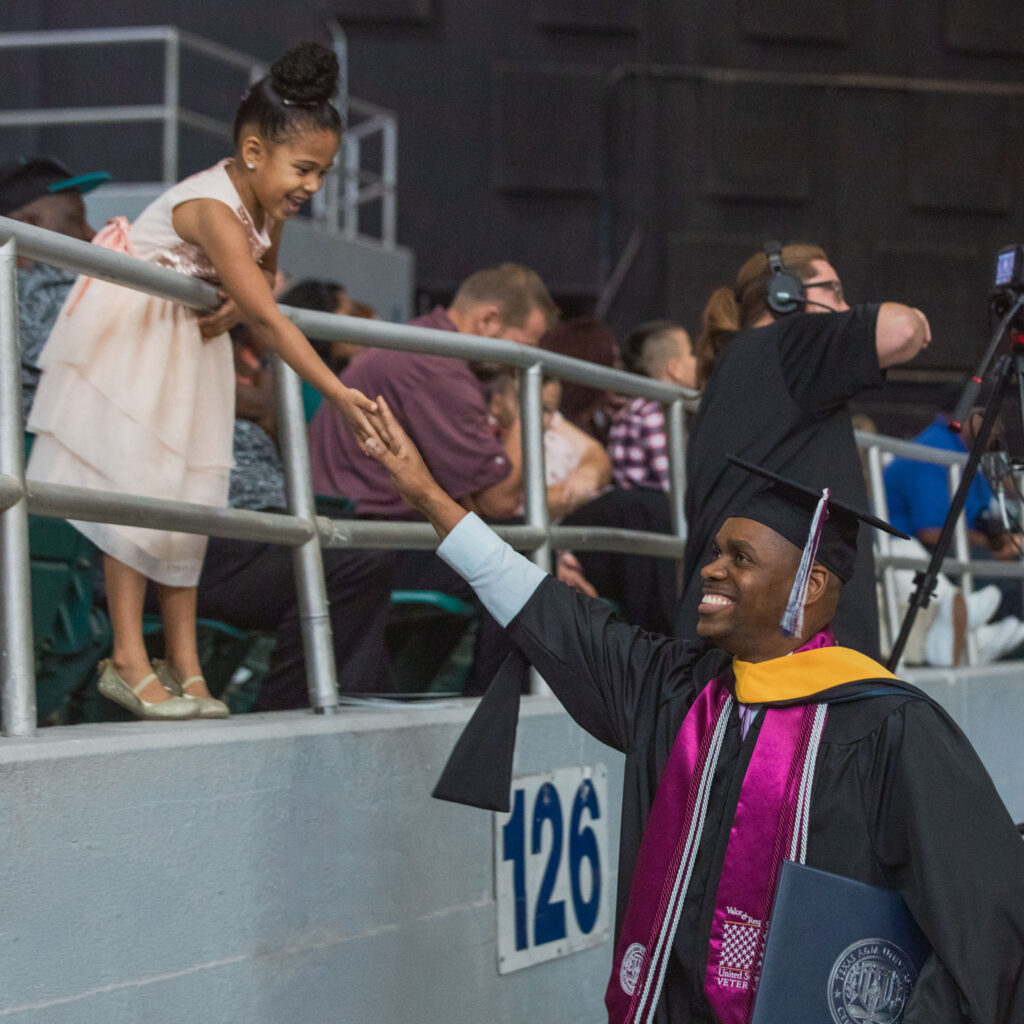Minor Anthropology
Minor Overview
Anthropology is a discipline that studies human populations and cultures in the past and present. Subfields include cultural (or social) anthropology, biological anthropology, archaeology, and linguistics. Other areas of research are a part of these broad categories, such as forensic anthropology, historical archaeology, bioarchaeology, and folklore.

Social Sciences: Anthropology
Students wanting to earn a minor in Anthropology must complete 18 hours of Anthropology courses, of which ANTH 3300 (Cultural Anthropology) and ANTH 3340 (Biological Anthropology) are required.
- ANTH 3300: Cultural Anthropology – 3 hours
- ANTH 3340: Biological Anthropology – 3 hours
- Upper-Level Anthropology Courses – 12 hours
- Total Credit Hours – 18 hours
Anthropology minors have a variety of courses to choose from, such as
Forensic Anthropology
Apply the science of physical anthropology to the legal investigative process. Learn to identify human remains, as well as age, sex, ancestry, and stature of those remains, and how these are used to help establish positive identification. Special emphasis on skeletal trauma, and pathology to determine cause and manner of death.
Myth and Ritual
Examine the history, beliefs, and practices of small-scale societies based on ethnographic literature. Study religious origins, shamanism, trance and other altered states, healing and bewitching, new religions, and certain treatments of the major religious traditions of Hinduism, Buddhism, Judaism, Christianity, and Islam.
Human Osteology
Examine the human skeleton as the foundation for biological anthropological study. Learn concepts and methods used by anthropologists to identify, describe, and analyze human skeletal remains from forensic and archaeological contexts.
Archaeology
Study the history of archaeology, its theories, methods, and current techniques in site excavation. Examine archaeological cultural complexity by studying hunter-gatherer and state societies in a worldwide overview, as well as within bioarchaeology, CRM work, and NAGPRA.
Curious about other course offerings?
Talk to an Academic Advisor
Talk to an A&M–Central Texas academic advisor, online or in person, for prospective student advising, undergraduate and graduate advising, and help with a range of other issues.

Program Contact
Dr. Christine Jones
Department: Social Sciences
Associate Professor of Anthropology
Room: Heritage Hall-204c

Build your future at A&M–Central Texas!
It’s Your Time: Let Us Help Turn Your Dreams into Action!
See what’s possible at A&M–Central Texas: You’ll have dedicated admission, financial aid and academic advisors to help you meet your degree goals. Learn more now!
A&M-Central Texas uses text messages, calls, and emails to provide updates on admissions, registration, financial aid, and payment deadlines. Communication frequency varies. To opt out, reply “STOP” to texts or contact us at 254.519.5438 or [email protected]. Standard text and data rates may apply.
request information
Build your future at A&M–Central Texas
We are excited about your interest in A&M–Central Texas. Please tell us a little more about yourself so we can better communicate with you.
By clicking Submit, you provide express written consent to be called and/or texted by Texas A&M University–Central Texas. Standard text-messaging and data rates may apply.

